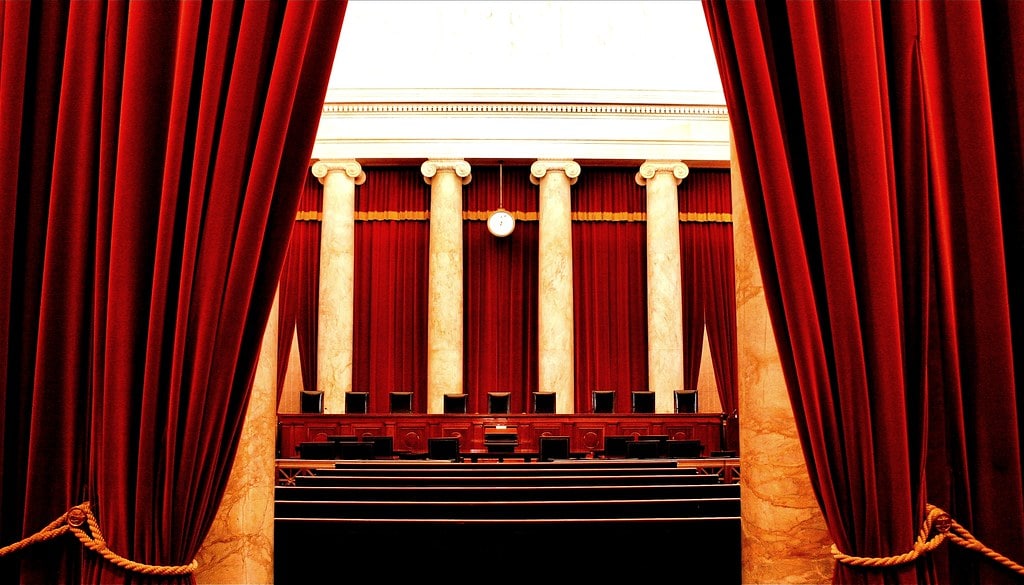Claim preclusion, also called “res judicata,” is a judge-created legal doctrine that is intended to prevent litigants from endlessly litigating the same issues over and over again in different proceedings and before different tribunals. Claim preclusion applies when a “court of competent jurisdiction” has entered a “final judgment” on the merits of a case between two or more parties. In practice, claim preclusion prevents parties from bringing some other lawsuit or proceeding to re-litigate legal claims already decided AND also litigating legal claims that could have been raised in a prior action. In other words, claim preclusion applies to legal issues actually litigated AND also to any claims the plaintiff could have asserted in a previous lawsuit. If a litigant successfully raises the doctrine of claim preclusion in a second (or subsequent) lawsuit, claim preclusion will result in the second (or subsequent) lawsuit being dismissed. As noted, to successfully raise the legal defense of claim preclusion, the following conditions must be met:
- The same parties must be involved in the subsequent litigation
- The prior litigation must have been conducted in a “court of competent jurisdiction” and
- The previous court/tribunal must have reached a “final judgment” on the merits
Claim preclusion can be a valuable legal doctrine for any litigation defense team.
How Does Claim Preclusion Apply to Decisions by the Trademark Trial and Appeal Board?
The Trademark Trial and Appeal Board (“TTAB”) is an administrative tribunal within the US Patent & Trademark Office. The TTAB is empowered under its enabling statute to hear and resolve disputes over the right to register a trademark. The TTAB cannot make broader decisions, such as rendering final judgments on disputes over who has the right to use a trademark, whether trademark infringement occurred or whether there has been unfair competition. Further, the TTAB cannot make a determination of fault or damage to a litigant and cannot award money damages or issue injunctive relief.
Because of the limited nature of the TTAB’s jurisdiction and power, several federal courts have held that claim preclusion does NOT apply to decisions made by the TTAB. The most recent decision was issued by the federal Court of Appeals for the Third Circuit in the case of Beasley v. Howard, Case No. 20-1119 (3rd Cir. September 17, 2021). The case involved a dispute over the trademark “The Ebonys.” The plaintiff, David Beasley, disputed ownership of the trademark, claiming that he was the proper owner. Beasley filed a petition before the TTAB seeking cancelation of the trademark registration based on alleged fraud committed against the Trademark Office. However, Beasley lost his case before the TTAB.
Undeterred, Beasley later filed a lawsuit in federal court again asserting his claim to ownership of the trademark, asking for cancellation of the trademark registration and also asserting claims for trademark infringement. The defendants raised claim preclusion as a defense which was successful at the trial level. But, on appeal, the Third Circuit reversed. According to the court, because the TTAB has jurisdictional authority that is limited to determining the right to register a trademark, the TTAB is not a “court of competent jurisdiction” for purposes of applying claim preclusion. In general, claim preclusion will not bar subsequent litigation “… where the plaintiff was unable to rely on a certain theory of the case or to seek a certain remedy because of the limitations on the subject matter jurisdiction of the courts.”
But all is not necessarily lost for Beasley’s opponent. The Third Circuit held that CLAIM preclusion did not warrant dismissal of Beasely’s case, but the court also noted that ISSUE preclusion might still apply to parts of Beasley’s federal case. Issue preclusion is a much narrower legal doctrine that will prevent re-litigation of specific issues. Indeed, the Third Circuit held that issue preclusion would bar Beasley from seeking trademark cancelation based on fraud.
For more information, contact Revision Legal at 231-714-0100. Our litigation team has deep experience in trademark law, internet law and patent law.
